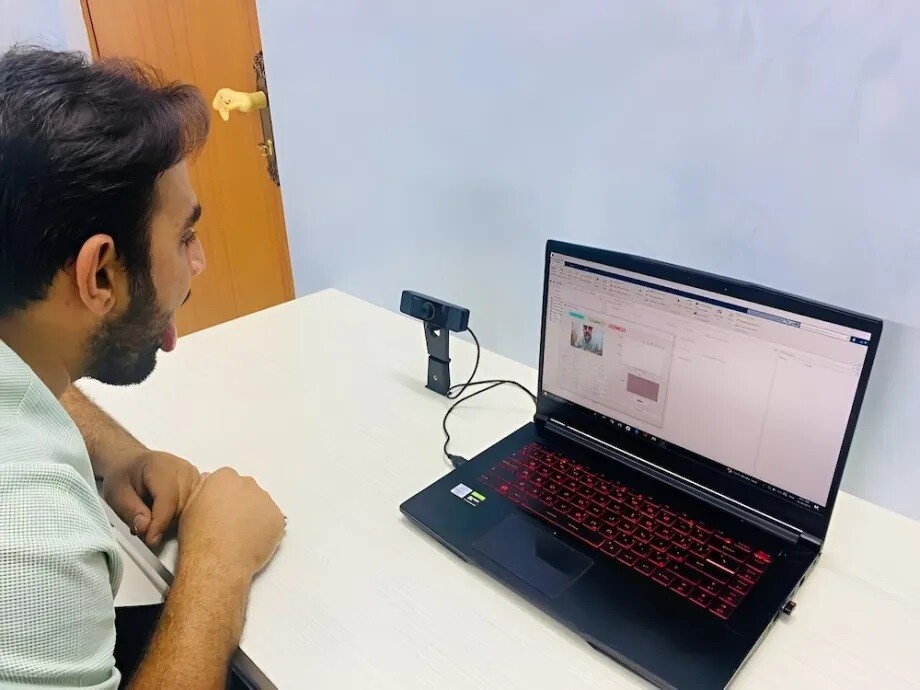AI scans the tongue to diagnose diseases and illnesses with 96 percent accuracy
The breakthrough has seen the development of an artificial intelligence system that can now diagnose diseases and illnesses with a high degree of accuracy from simply an analysis of tongue images. Combining ancient wisdom with cutting-edge technology, this new approach may well change the landscape of medical diagnostics.
A new AI model developed by researchers from Iraq and Australia has been shown to diagnose diseases with an accuracy of up to 98%, simply by analyzing the tongue. The system is based on the 2,000-year-old traditional Chinese medicine practice of examining the tongue as a window into a person’s overall health.
In doing so, advanced machine-learning algorithms are adopted to extract features of the tongue color at different color saturations using DCNNs. Processing these visual cues, the AI can identify slight changes in the appearance of the tongue that may indicate underlying health issues.
Dr. Khamis Kanaan, co-author of the study, explained the importance of the development: “The tongue contains many body signals. Its appearance can change with different diseases. The proposed technique is fast and non-invasive.”
The potential applications of this technology are huge. It could serve as a quick, non-invasive screening tool in various healthcare settings, from primary care clinics to remote areas with limited access to advanced medical equipment. That is very important when quick diagnosis is necessary.

While the AI tongue scanner is full of promise, it has to be noted that it is not intended to fully replace conventional diagnostic means but acts only as an adjunctive tool to help extend better judgment in decision-making by professionals.
Dr. Sabah A. Jassim, another researcher on the project, said the system has the potential to bring about a revolution in early disease detection, especially in settings where there is a lack of access to health professionals.
We should therefore expect further refinement and wider applications of this AI-powered tongue diagnosis system as research in this field continues to advance. The convergence of artificial intelligence with traditional medical practices represents an exciting marriage between ancient wisdom and modern technology that may ultimately provide more accurate, efficient, and accessible diagnostic health care.






The breakthrough has seen the development of an artificial intelligence system that can now diagnose diseases and illnesses with a high degree of accuracy from simply an analysis of tongue images. Combining ancient wisdom with cutting-edge technology, this new approach may well change the landscape of medical diagnostics.
https://theaegisalliance.com/2024/08/13/ai-scans-the-tongue-to-diagnose-diseases-and-illnesses/
The breakthrough has seen the development of an artificial intelligence system that can now diagnose diseases and illnesses with a high degree of accuracy from simply an analysis of tongue images. Combining ancient wisdom with cutting-edge technology, this new approach may well change the landscape of medical diagnostics.
https://theaegisalliance.com/2024/08/13/ai-scans-the-tongue-to-diagnose-diseases-and-illnesses/
The breakthrough has seen the development of an artificial intelligence system that can now diagnose diseases and illnesses with a high degree of accuracy from simply an analysis of tongue images. Combining ancient wisdom with cutting-edge technology, this new approach may well change the landscape of medical diagnostics.
https://theaegisalliance.com/2024/08/13/ai-scans-the-tongue-to-diagnose-diseases-and-illnesses/